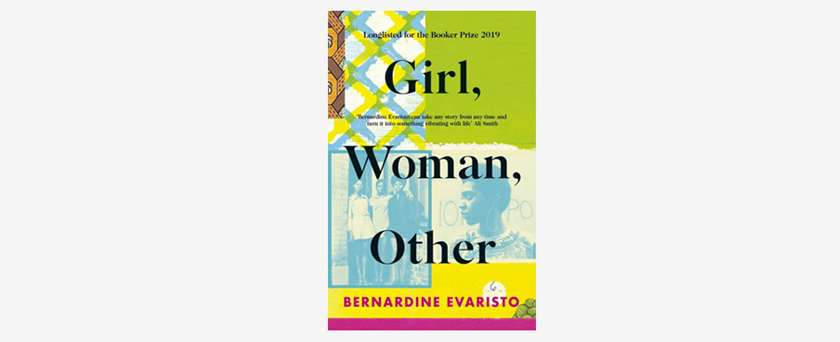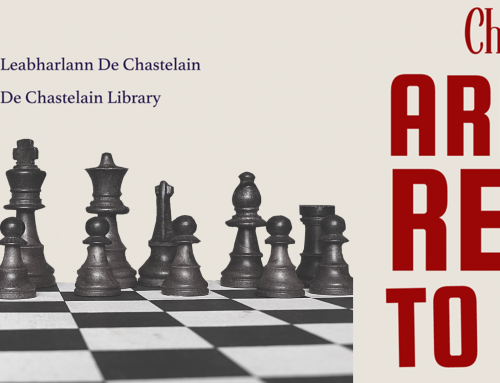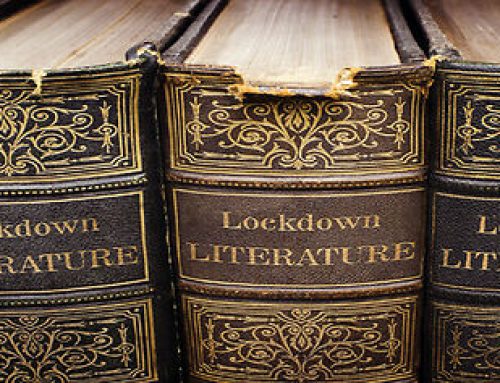Girl, Woman, Other was the joint winner of the Man Booker Prize in 2019. The Man Booker is awarded for original writing and this work is quite unlike any piece I have read before. It is breathtakingly original, both in its form, character viewpoint and historical reach. Firstly, the form is extremely fluid; the normal constraints of full stops, and capital letters are absent. It is as if the writer has decided that the accepted rules of writing no longer apply, that the “Other” refers not only to the characters, but to the very form a novel might take. But the content is laid out in such a manner that it remains easy to read. The style reminds me of another writer who did not conform – our own James Joyce.
Bernardine Evaristo is the author of Girl, Woman, Other and has said that one of the main characters, Ama, is semi-autobiographical. All dozen characters are women of colour living in the UK and the book deals with their personal and family histories. The timeline and locations stretch from Africa to London; the experiences depicted range from the nitty gritty of personal and work lives, the cultural war between generations when immigration destabilizes tradition and the macro reasons why someone might find themselves far from the place of their ancestors. In this book the men are in the background and often weak and almost irrelevant. It is the women who dominate and their courage, ambition, resilience and determination shine through. And what compassion Evaristo has for her characters; we might dislike a character when judged by their interaction with a more likeable woman, but when we learn of their history or what is in their heart, we shift our sympathies or more often than not accept that both characters are doing their best.
With the world re-thinking old attitudes and considering sexual violence (MeToo) and race (Black Lives Matter) this book might seem as if it is written specifically for these times, but even without the current political and societal backdrop these are fascinating people. What do you do when you don’t have access to credit or capital? What do you do if your accent, colour and educational achievements don’t match the host country’s expectations? What does it feel like to be constantly trying to fit in and change, in order to financially progress? I think that whilst this is conveyed very well, Evaristo is too inclined to lay everything at the door of sexual, gender or race politics. Power and resources are tightly held and not relinquished easily – not to women of colour, or any other person for that matter.
Earlier in the lockdown I received a book recommendation for Night Train to Tangier (Booker longlist). The two main (male) protagonists were prolific drug users, but still were able to be quite athletic in the leaba! The love scenes here in comparison seem much more credible and relatable and very much one element of existence, rather than the main feature of a person’s life. Hetrosexual, gay, fluid; here it does not matter, it just is. Love and the pain of loss doesn’t discriminate regardless of a person’s sexual orientation (which can be fluid), and the scenes where the grief of love lost is hidden from public view ring true.
I always ask people when they recommend a piece of art or writing to me “are you in the book”? I found myself remembering my classmates heading to England in the late eighties when Ireland was exporting its finest daily. I remember how much we hated Margaret Thatcher, and ourselves for being so insular and constricted. How demeaning to have to rely on England for jobs, personal growth and freedom, when they disliked the Irish and mocked us to our faces (Paddy the Irishman); the feeling was mutual! I think of my own family, my sister-in-law of Vietnamese descent, my other sister-in-law who is Venezuelan, my English brother-in-law who self-identifies as being from the Independent Republic of Yorkshire. All “Others”.
The pace of the book picks up after the first couple of chapters; the writing is edgy, spikey, fun! As for the ending, it is absolutely perfect and emotionally satisfying to the reader. Do I recommend? Sister, I do!
By: Mary Matthews





